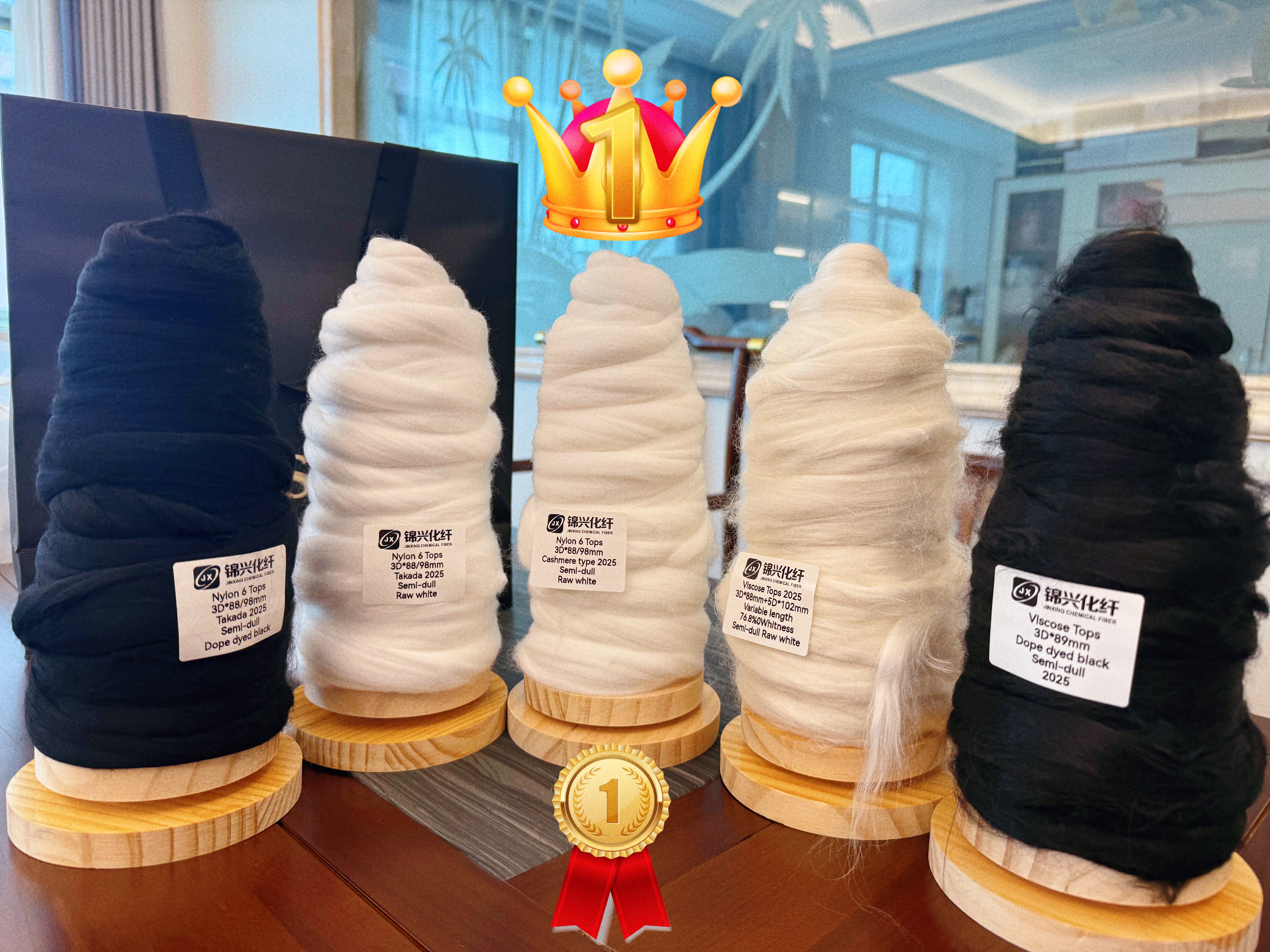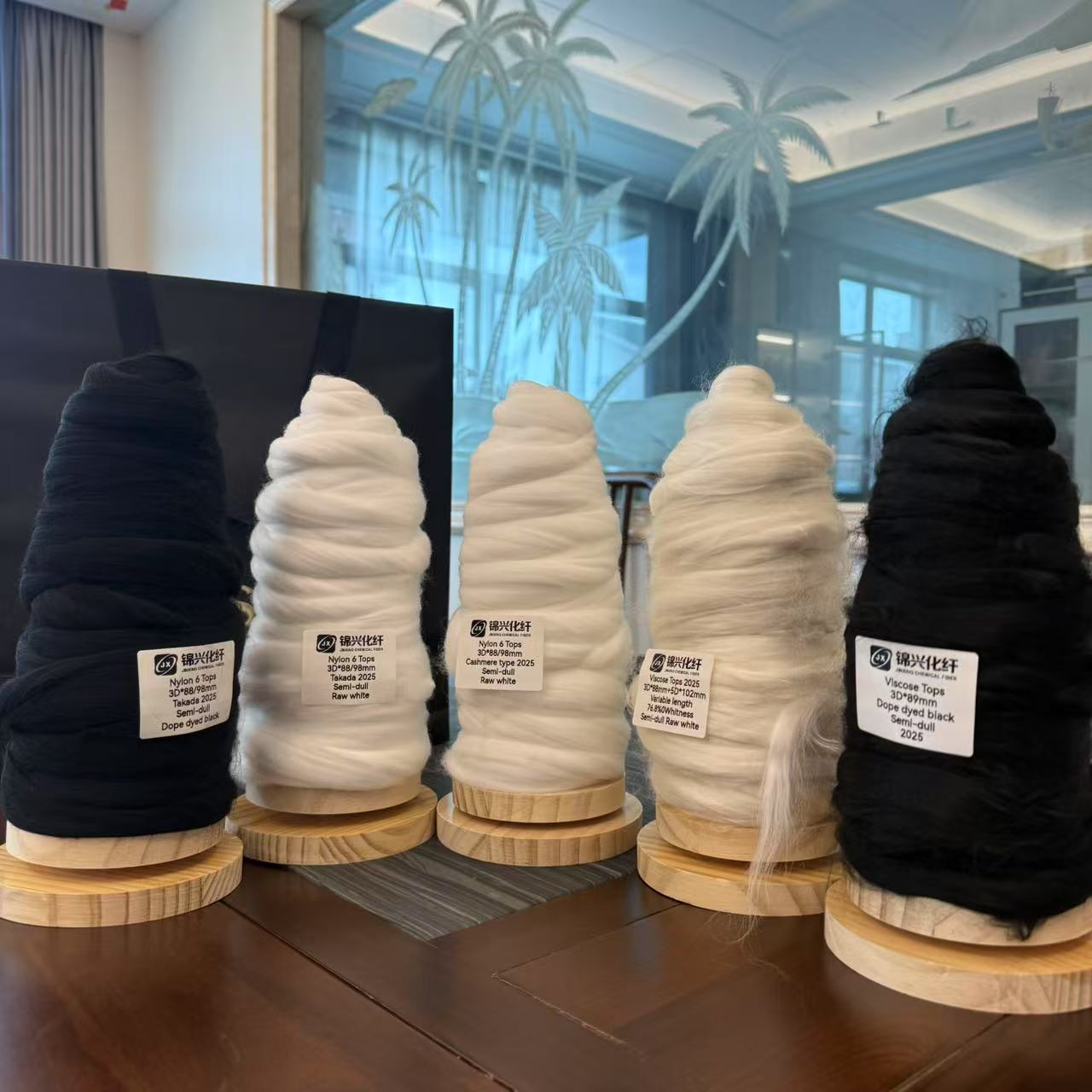Understanding Nylon Fiber
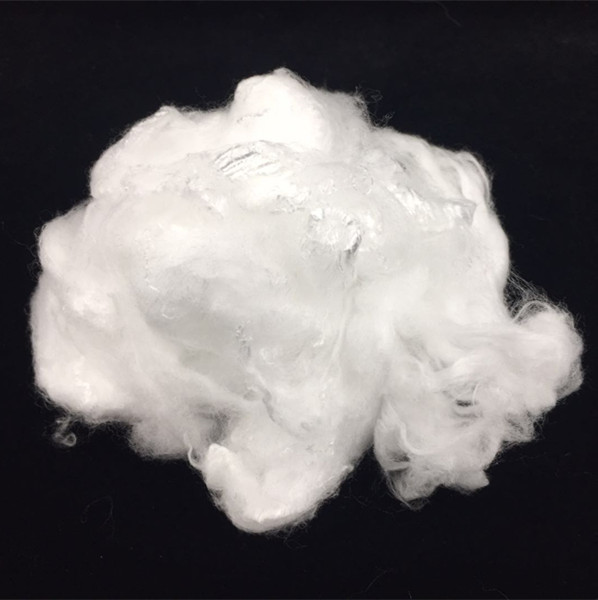
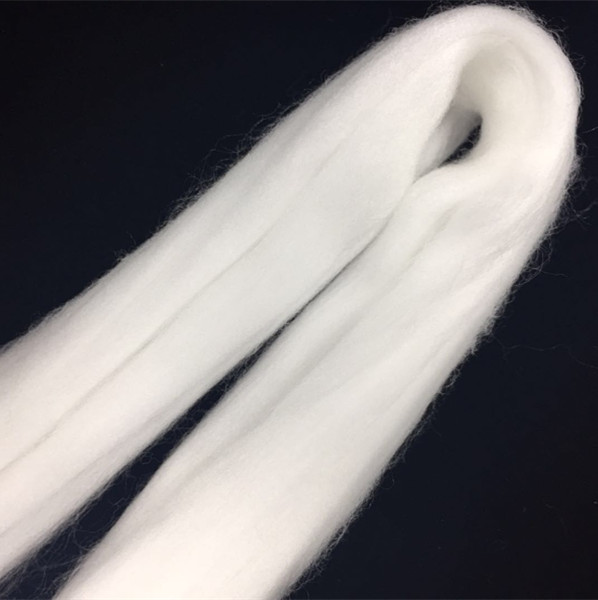
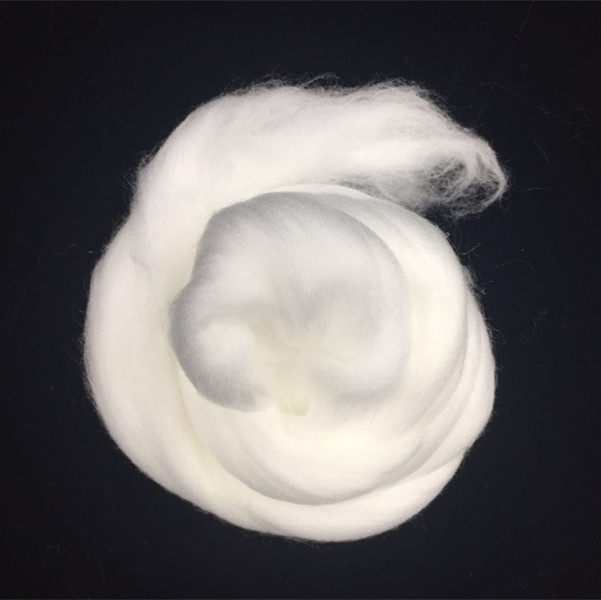
Nylon fiber is a revolutionary synthetic fiber that has transformed the textile industry with its versatility and strength. Originally developed as a substitute for silk, nylon fiber boasts numerous advantageous properties that make it a staple in textile manufacturing. It's known for its exceptional durability, elasticity, and resistance to abrasion and chemicals. From clothing to industrial applications, nylon fiber's qualities make it an ideal choice for a wide range of products, standing out with the capability of imitating other materials such as cashmere type fibers.
Diverse Applications of Nylon Fiber
Nylon fiber, particularly the 1.5D nylon fiber, plays a crucial role in creating high-quality, lightweight fabrics. With an 88mm fiber length, this fiber variant is widely used in garment production, providing a synthetic alternative to cashmere, often referred to as synthetic cashmere. Its properties include a soft texture, excellent tensile strength, and the ability to withstand significant wear and tear, ensuring that garments maintain their shape and appearance over time. Moreover, these qualities facilitate applications beyond apparel, such as carpets, upholstery, and various industrial products that require robust materials.
Exploring Nylon Fiber Properties
The properties of nylon fiber greatly contribute to its widespread use in the textile industry. One key aspect is its resilience, which allows it to stretch and return to its original shape without losing its integrity. This resilience, combined with its moisture-wicking ability, makes nylon ideal for sportswear and activewear, where durability and comfort are paramount. Additionally, high-quality nylon fiber is often chosen for its ease of maintenance, as it is highly resistant to mold, mildew, and various chemicals, maintaining its quality over time with minimal care.
Nylon fiber continues to be a preferred material in textile manufacturing due to its ability to be engineered at varying thickness, including fine 1.5D fibers. This adaptability allows manufacturers to produce fabrics that are not only soft and lightweight but also incredibly tough and enduring. As the boundaries of fabric innovation continue to expand, nylon fiber remains at the forefront, offering endless possibilities for creativity and functionality in textiles.



